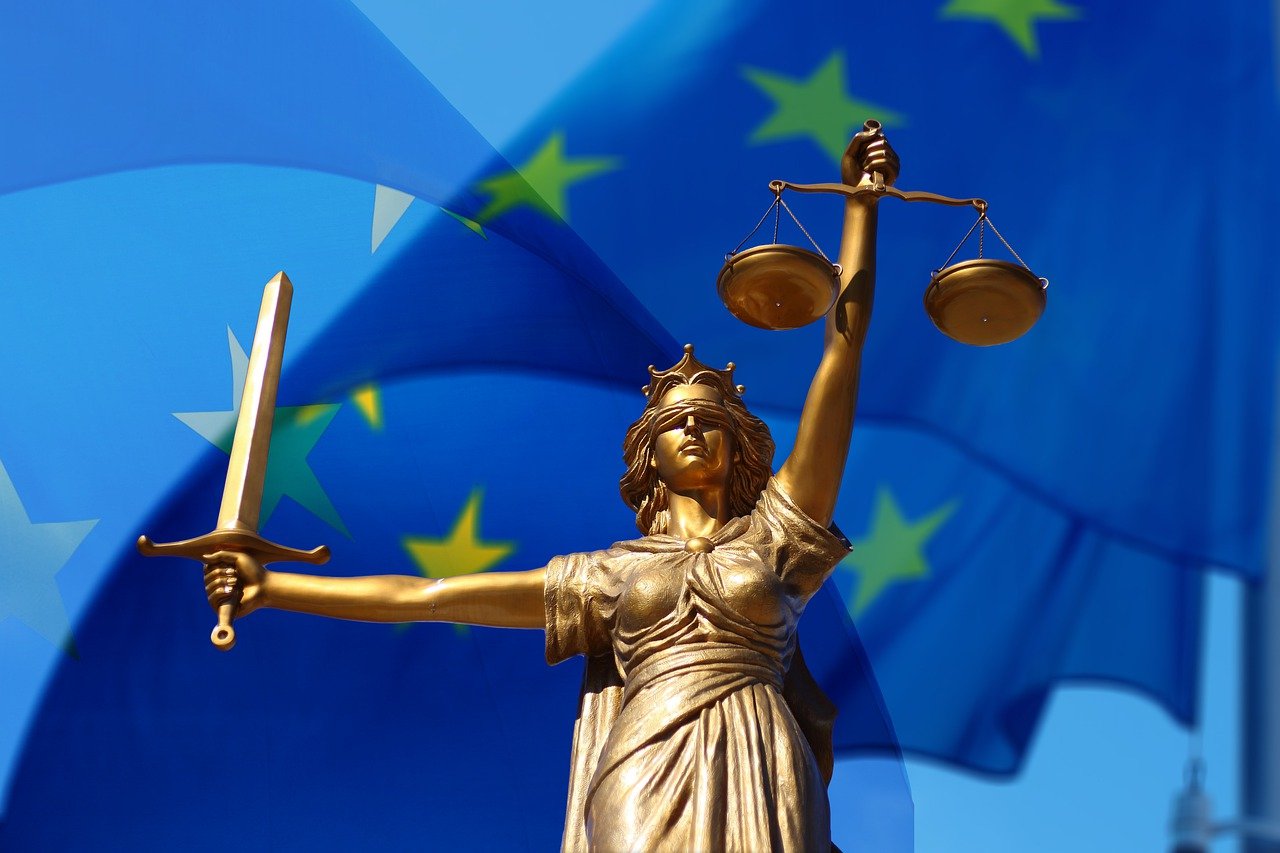Luxembourg, 11 September 2024
Judgment of the General Court in Case T-494/22 | NSD v Council
War in Ukraine: the General Court confirms the restrictive measures adopted against the Russian finance company NSD
—
The national authorities implementing the restrictive measures must ensure that the interference with the right to property of the customers of an undertaking subject to those measures complies with the Charter
NKO AO National Settlement Depository (NSD) is a Russian company. It provides securities record-keeping and custody services as a central depository. It also provides financial services, in particular as a non-bank credit institution licensed to provide bank settlement services.
In June 2022, NSD was included on the lists of persons subject to the restrictive measures adopted by the Council of the European Union in response to the Russian aggression against Ukraine and its funds and economic resources were frozen. It was included on those lists on the ground that it played an essential role in the functioning of Russia’s financial system and, therefore, provided material or financial support to the Russian Government.
NSD asks the General Court of the European Union to annul the acts by which its name was included and maintained on the lists of persons subject to the restrictive measures.
By its judgment delivered today, the General Court dismisses NSD’s action.
The General Court holds, first of all, that NSD has failed to demonstrate that the Council erred in finding that that undertaking was a systemically important financial institution which played an essential role in the functioning of Russia’s financial system.
Next, the General Court points out that NSD provides financial services of significant value both to the Russian Government and the Russian Central Bank, and that its wider contribution to the proper functioning of Russia’s financial system is also of particular importance. Thus, that undertaking provides the Russian Government with quantitatively and qualitatively significant material or financial support, by enabling it in its financial resources with the aim of pursuing its actions to destabilise Ukraine.
Lastly, as regards NSD’s argument that the restrictive measures imposed on it entailed the freezing of funds and economic resources belonging to its customers – who are not subject to those measures – and, therefore, the infringement of their right to property, the General Court recalls that NSD cannot rely, in its action for annulment, on a right to property that it does not hold. However, when examining a request for the release of those customers’ assets, under a derogation laid down by the Council for that purpose, the national authorities, which are responsible for implementing the restrictive measures, must ensure that the interference with the right to property of the customers concerned is in compliance with the conditions laid down in Article 52 of the Charter of Fundamental Rights of the European Union. Those customers also have legal remedies available to them before the national courts in order to claim infringement of their right to property enshrined in the Charter of Fundamental Rights.
NOTE: An action for annulment seeks the annulment of acts of the institutions of the European Union that are contrary to EU law. The Member States, the European institutions and individuals may, under certain conditions, bring an action for annulment before the Court of Justice or the General Court. If the action is well founded, the act is annulled. The institution concerned must fill any legal vacuum created by the annulment of the act.
NOTE: An appeal, limited to points of law only, may be brought before the Court of Justice against the decision of the General Court within two months and ten days of notification of the decision.
Unofficial document for media use, not binding on the General Court. The full text and, as the case may be, the abstract of the judgment is published on the CURIA website on the day of delivery.
Source – EU General Court: 137/2024 : 11 September 2024 – Judgment of the General Court in case T-494/22

